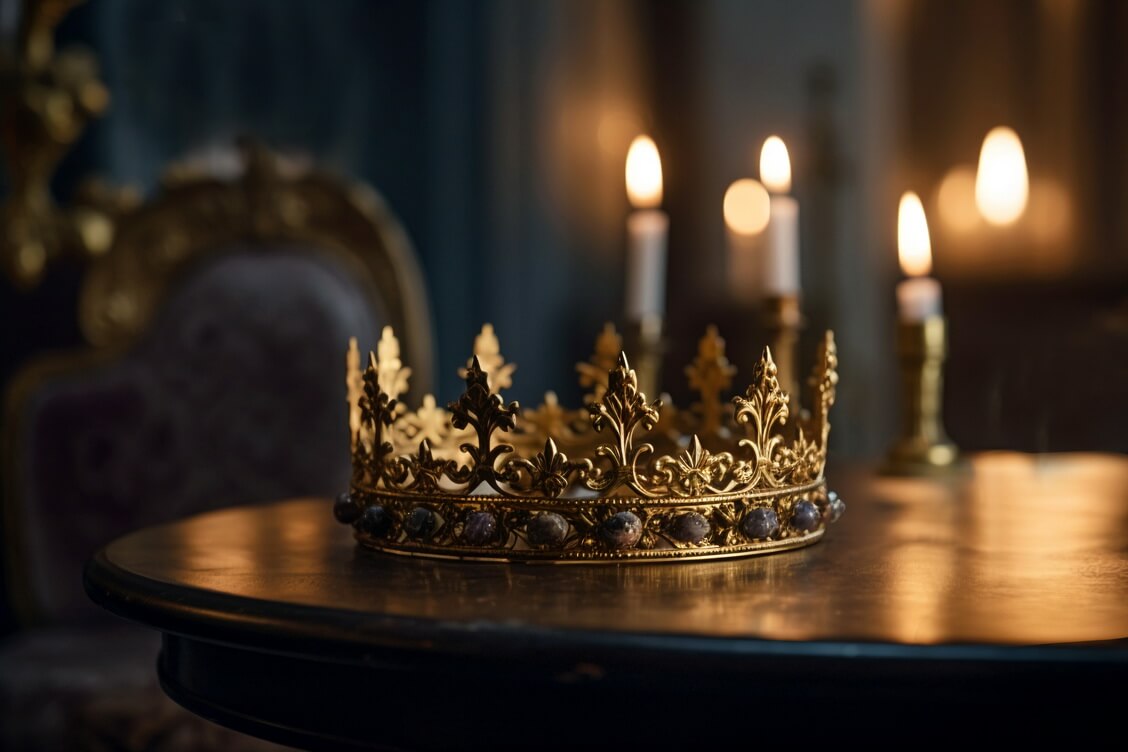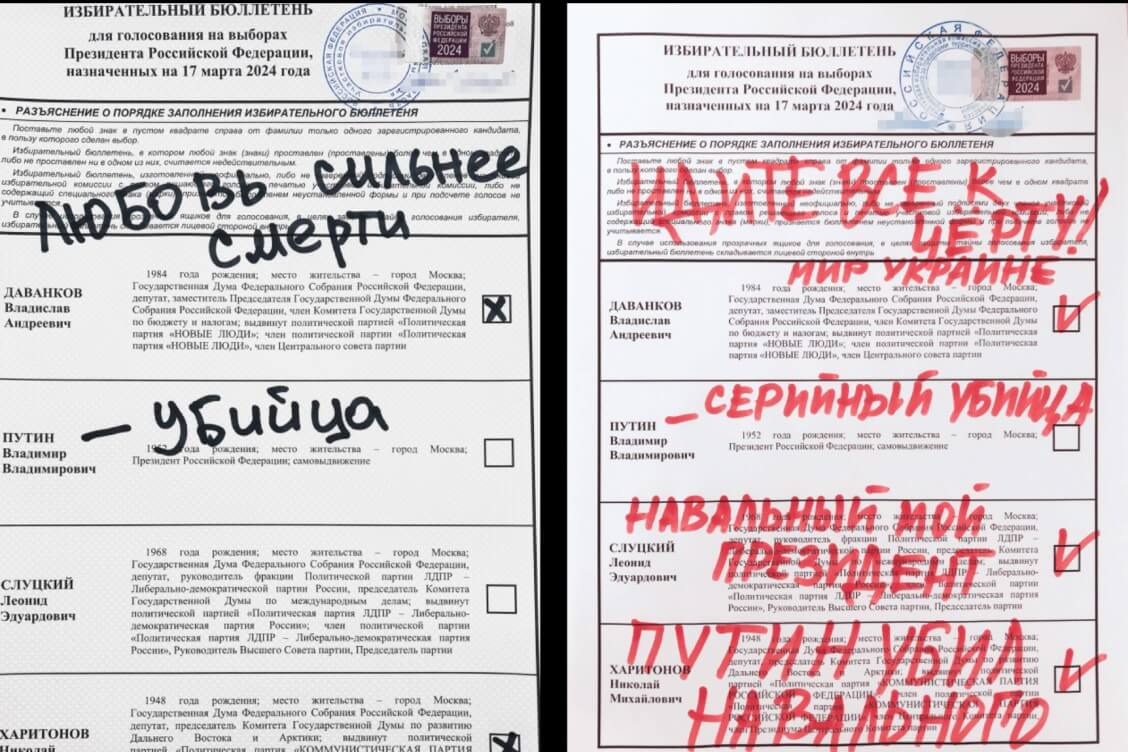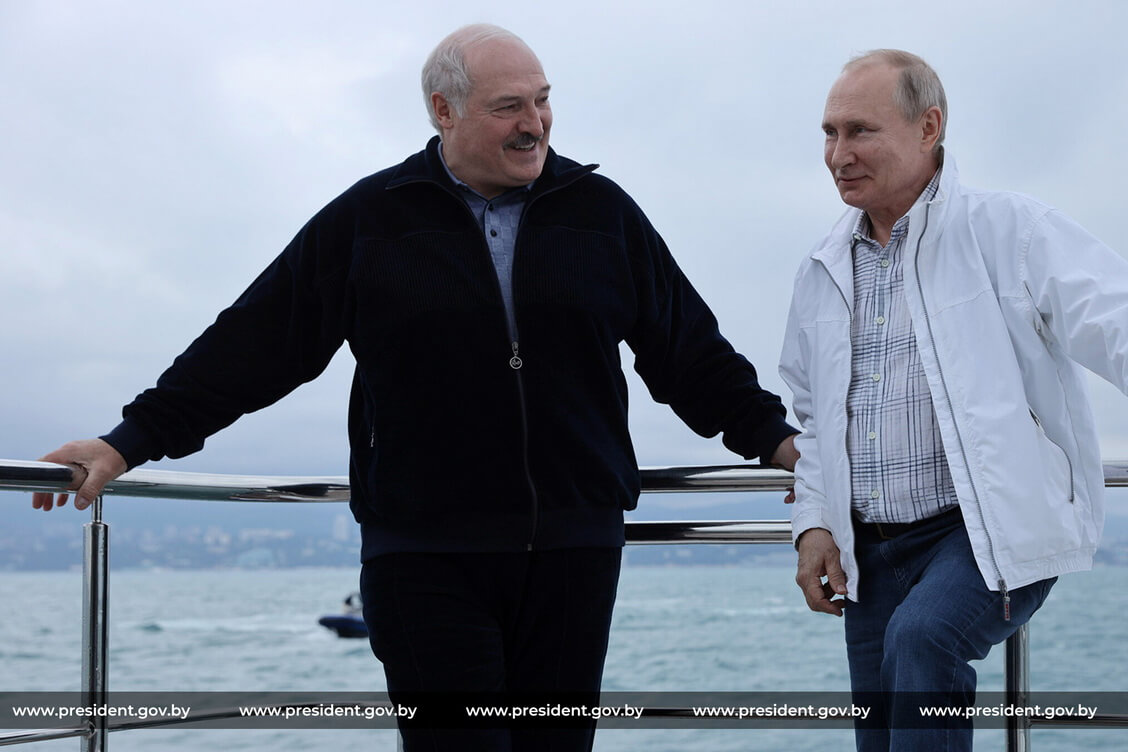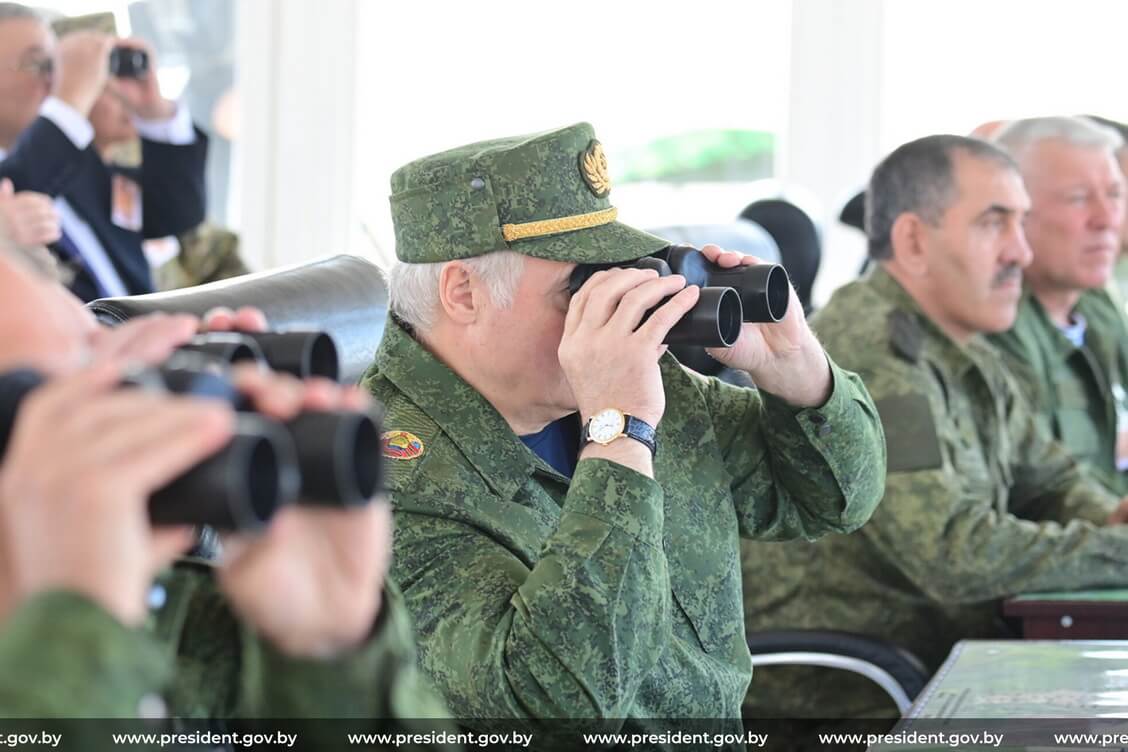As expected, Vladimir Putin won what his opponents called “Putin’s election.” Alaksandar Łukašenka, who promptly congratulated his Kremlin counterpart on the “stunning result,” is likely to seek an equally impressive landslide victory in “Łukašenka’s election” in 2025.

Putin’s opponents tried to spoil the party by staging the Noon Against Putin protest. However, it failed to unsettle the establishment because the votes were not counted honestly anyway. Some Russians poured dye into ballot boxes and lit Molotov cocktails in desperate acts of protest.

The Russian vote-rigging machine gave the leader the result he wanted.
How will Putin’s reappointment for a new six-year term affect Łukašenka and Belarus?
Soul mates
The Belarusian ruler would like to manufacture a similar landslide victory in 2025 to keep himself in power for another five-year term.
Łukašenka sees Putin’s re-election as God’s blessing for him to follow the path of the big brother.
The two aging autocrats fell out a couple of times in the past but seem to get along well in the last few years.
Putin stood by Łukašenka during mass protests against vote rigging in 2020 and continues to support him, recognizing the importance of the Belarusian outpost.
The two have become close friends and international pariahs after Russia launched the war against Ukraine and challenged the entire democratic world.
“A long time ago, when we were arguing with Putin – gas, oil, milk wars – I said we shouldn’t fight each other. The time will come for us to stand back to back and fight back. . . . And today we are . . . fighting back,”
the Belarusian leader told Russian propagandist Olga Skabeeva in June.
Five years ago Minsk was cozying up to Europe to wring concessions out of Moscow. Now this tactic is no longer feasible, so Łukašenka sincerely demonstrates his anti-Western stance.
Łukašenka and Putin often meet and have long private conversations. The Kremlin has significantly increased its support for Belarus in the last three years.

The two autocrats have forged a bond as two pariahs hostile toward the West and eager to rule indefinitely.
Kremlin unlikely to drag Belarus into war
Some analysts noted that Putin’s re-election would be followed by a Russian troop surge in Ukraine.
The Russian government seems to have enough money to replenish military units fighting in Ukraine with cannon fodder.
Even if Moscow announces a new draft campaign, it would have first to replace soldiers who have been rotting in trenches for a long time.
The Kremlin will not have enough manpower and equipment to launch a new assault on Kyiv from Belarus anytime soon.
Any new attacks from Belarus could unsettle Łukašenka, considering how nervous he was in the first weeks of the large-scale invasion in 2022.
In the foreseeable future, Putin is unlikely to test NATO with a strike from Belarus or an attempt to capture the Suvalki Gap. The Kremlin does not have enough military potential.
In general, when threatening NATO, Moscow is just flexing its muscles rather than actually preparing to attack.
The future will depend on how the war in Ukraine unfolds. If Kyiv does not receive proper Western assistance and Russian troops achieve their objectives, Russia may go on to attack other countries in a few years. Military and political leaders in Europe do not rule out that Moscow can use Belarus for a provocation or a proxy war.
Realizing that he is a hostage to Moscow’s imperial ambitions, Łukašenka is militarizing the country and is ready to put it on a war footing.
Putin raises bar for Łukašenka
Łukašenka said on February 26 that
“the current government [in Belarus] is supported by more than 87 percent of the population.”
“There is a small number of the undecided. Of course, there are also people who are dissatisfied. We understand that very well.
“Therefore, in this electoral cycle we need to analyze and draw appropriate conclusions, we need to fix some things.
“We do not have many such problems; we will fix them during the year. And I’m sure that people will come to the presidential elections in even greater numbers,” Łukašenka told CIS Secretary General Sergey Lebedev, who led the CIS observer mission for the Belarusian local and parliamentary elections.
That was actually the target he set for the government for the upcoming presidential election. He wants to have almost the same result as Putin.
Łukašenka’s Azerbaijani friend Ilham Aliyev recently won with more than 92 percent of the vote in a snap election. Support for him might have surged after Azerbaijan’s capture of Nagorno-Karabakh.

Although Łukašenka is an ally of Putin, he does not want to be dragged into the war.
Polls show anti-war sentiment dominating in Belarus. Propaganda praises Lukashenka for not allowing the war to spill over into the country.
Fed up, but I want more
Belarusians, with their pacifism, differ from Russians. Although Putin’s election showed that there is a certain war fatigue and protest potential in Russia, it is incomparable with the scale of protests in Belarus in 2020.
Among those who are dissatisfied with Putin, there are hardliners who want Moscow to act more brutally against Ukraine and the West. In general, democratic and even more liberal ideas are not very popular in Russia.
But the peaceful uprising of Belarusians in 2020 was an undeniable push toward democracy, a choice for European values, freedom, civil rights and respect of the state for the individual.
Opponents criticized opposition leader Śviatłana Cichanoŭskaja for calling Putin a wise man on one occasion.
She made the remark when the protests were raging and Łukašenka’s position looked shaky. She seemed to try to tread carefully not to provoke the Russian bear.
Cichanoŭskaja and her team have rewritten their script, announcing publicly that they are working toward European Union membership for Belarus.
It is a difficult task, but there is no easy way. Independence is impossible without breaking off with the empire that is looking to expand.
It is unlikely that after his reelection Putin will rush to absorb Belarus, as some analysts say.
He would have to confront Łukašenka, a particularly important ally who complies with the Kremlin’s wishes.
Putin finds it important to demonstrate to Kyiv and the world, using Belarus as an example, that he would not attack anyone if appeased.
Meanwhile, integration is going according to Moscow’s plan with Belarus ceding elements of its sovereignty without making too much noise.
Obviously, Łukašenka hopes to slow down the absorption as much as possible and negotiate acceptable powers for himself in the end. In any case, it is better for him to surrender to Moscow than to be handed over to the International Criminal Court in The Hague.
Both Łukašenka and Putin hide their lust for power behind false words. Łukašenka keeps repeating that he is fed up with it and will not be holding on until his fingers turn blue, claiming that he stays just because he cannot betray his supporters.